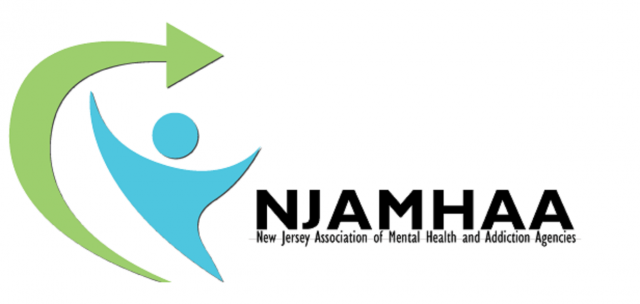November 27, 2024
Whether it is apprehension about political divisions, the continually increasing cost of living, natural disasters or another type of difficult situation that is encountered on any given day, many, if not all, individuals are experiencing heightened levels of stress, anxiety and depression. While these can be hard to cope with at any time of year, they may be even more challenging during the holiday season.
As Thanksgiving officially launches the holiday season, it is fitting to emphasize that a conscientious focus on gratitude can help alleviate depression and negative perceptions of the holidays. For example, gratitude can be incorporated into our daily lives through any of these simple, yet very beneficial activities:
- Keep a gratitude journal.
- Thank others on a regular basis for what they do and how they contribute to your life.
- Practice mindfulness.
- Engage family members in daily discussions about what they're grateful for - for example, during meals or at bedtime each day.
- Create a special area at home for items, such as photos and letters, that keep special memories alive and help you focus on the positive aspects of your life.
- Make a playlist of songs that reinvigorate your sense of thankfulness and happiness.
Other Self-Care Techniques also Help Alleviate the Blues
"Self-care is critical at all times and may be more difficult to focus on during the holiday season, which is often emotionally trying and stressful. To mitigate the pressure that many feel during this time of year, individuals are encouraged to manage their expectations of the holidays; set realistic goals that can increase their happiness; continue normal routines as much as possible;andtry to not feel obligated to participate in all social gatherings - especially those with people and in settings that might trigger depression, anxiety or other negative emotions," advised Debra L. Wentz, PhD, President and CEO, New Jersey Association of Mental Health and Addiction Agencies.
"Taking care of ourselves also must include recognizing and addressing depression and anxiety. If self-care techniques such as exercise, eating a balanced diet with lean proteins and fresh fruits and vegetables, and diversionary activities are not effective and the emotions increasingly interfere with everyday life, seeking professional help should be considered," Dr. Wentz added. Providers of mental health care and substance use treatment throughout New Jersey can be found on NJAMHAA's website.



